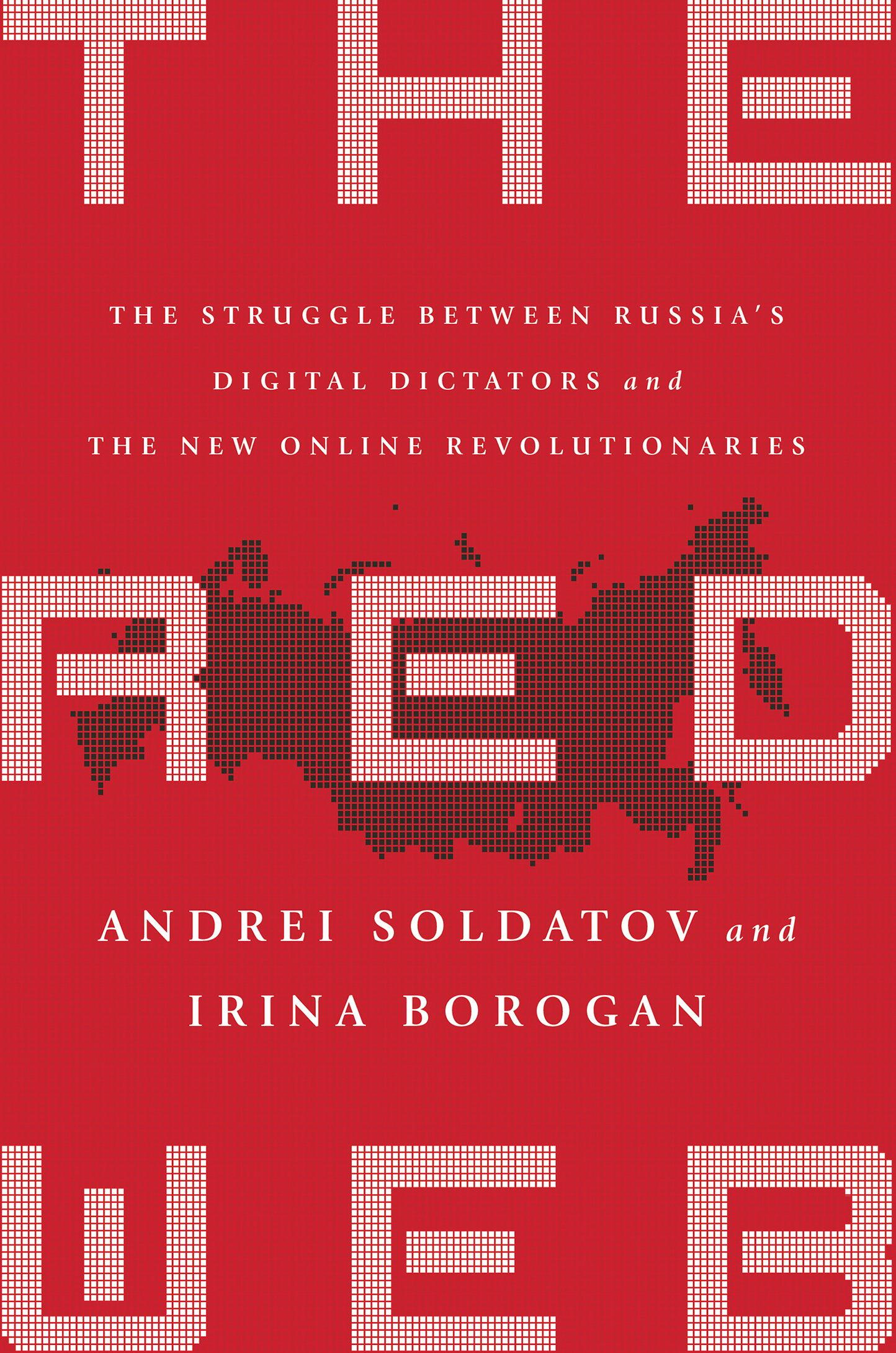
The Red Web
The Struggle Between Russia's Digital Dictators and the New Online Revolutionaries
کتاب های مرتبط
- اطلاعات
- نقد و بررسی
- دیدگاه کاربران
نقد و بررسی

September 14, 2015
Soldatov and Borogan, journalists who have covered the Russian secret services for over a decade, document what they deem the "monumental battle for the future of the Internet." They examine the history of surveillance technologies in Russia, the Soviet Union's authoritarian control over information and its distribution, and the legacy of this mindset as it reverberates in the Russia in the Internet age. The authors argue that Putin's repressive impulse has deep roots in Russia's Soviet past, and the first part of the book is dedicated to exploring these roots, but it presumes the reader has a working knowledge of Soviet history and Russian current events. The second and more comprehensive part of the book examines Putin's power grabs and the Russian government's use of surveillance, overt censorship, and intimidation through technology in recent years. This section also profiles the "online revolutionaries" who resist intimidation, censorship, and blacklisting, finding creative ways to use the Internet to circumvent and undermine the power of the government and security services. The authors laud the horizontal networks enabled by the Internet and find hope in the Arab Spring, the Moscow protests, and Euromaidanâproof of the networks' abilities to counter and resist the authoritarian push. This critique of Putin's administration is best suited for readers interested in Russian current events.

August 1, 2015
Russian civil-liberties watchdogs Soldatov and Borogan (The New Nobility: The Restoration of Russia's Security State and the Enduring Legacy of the KGB, 2010) look at the possibilities of technology for good and ill under the regime of Vladimir Putin. In Russia, censorship and spying are nothing new. Even so, it may come as a surprise to some readers to know that Stalin kept a battalion of linguists, technologists, and engineers busy devising ways to keep his telephone conversations secure and secret. It is perhaps less surprising to read that much of that apparatus was kept intact in post-communist Russia, though enough glimmers of light had broken through that TV and radio could be put to work stemming the neo-Stalinist coup attempt of 1992-an episode in which Putin played an interesting role. When the civilian Internet began to develop soon after, the Russian security services resolved early on to control it. When he came to power, write the authors, Putin, through flattery and force, engaged himself in co-opting and cowing the bloggers, reporters, and commentators who sought in the Internet a vehicle for unrestricted expression. In a narrative peppered with glowering spooks and online hipsters ("He was the son of a famous Russian writer...wore a bandana over his head, and was always carefully unshaven, with the manners of a creative type"), the authors suggest that the regime is coming out ahead in the bargain and that things aren't very different from the dark days of communism. Still, Soldatov and Borogan are guardedly optimistic, and they conclude by noting that the world's awareness of recent events in Ukraine was largely the product of citizen journalism: "The Russian conscript soldiers who posted their photographs taken in the Ukraine did more to expose the Kremlin's lies about the conflicts than journalists or activists. The network enabled them." Russia hands and Net neutrality advocates alike will find plenty to intrigue in this report from the front lines.
COPYRIGHT(2015) Kirkus Reviews, ALL RIGHTS RESERVED.

Starred review from September 15, 2015
Coauthors Soldatov and Borogan, who previously collaborated on The New Nobility, are veterans of the struggle to free Russian media and the Internet from state control, a vocation enabling their access to poorly known information and policies. The book details the imposition of Soviet-era-level surveillance and censorship, mostly under Vladimir Putin. In addition, the authors provide accounts of Russia's development of vocal and facial recognition technologies; perhaps most engaging is the narrative of the policy impact of external events such as the Sochi Olympics, and revelations of an "asylum" granted to National Security Agency (NSA) contractor and leaker Edward Snowden. Through the lens of social media, the Ukraine Maidan demonstrations and the ouster of the Yanukovych regime are especially riveting. Excepting the latter, this is a sad story for supporters of Internet freedom. The authors describe how a relentless security apparatus supported by armies of "patriotic citizen hackers" deploys unevenly against Russian activists and journalists, resulting in state intimidation, detention, and likely murder. VERDICT Like Karen Dawisha's Putin's Kleptocracy, though less well documented, this unusual book describes a significant and concealed aspect of current Russian politics. The most troubling aspect of the Red Web may be its implication for Russia's evolution and its accommodation with the West. [See "Editors' Fall Picks," LJ 9/1/15, p. 32.]--Zachary Irwin, Behrend Coll., Pennsylvania State Erie
Copyright 2015 Library Journal, LLC Used with permission.

























دیدگاه کاربران